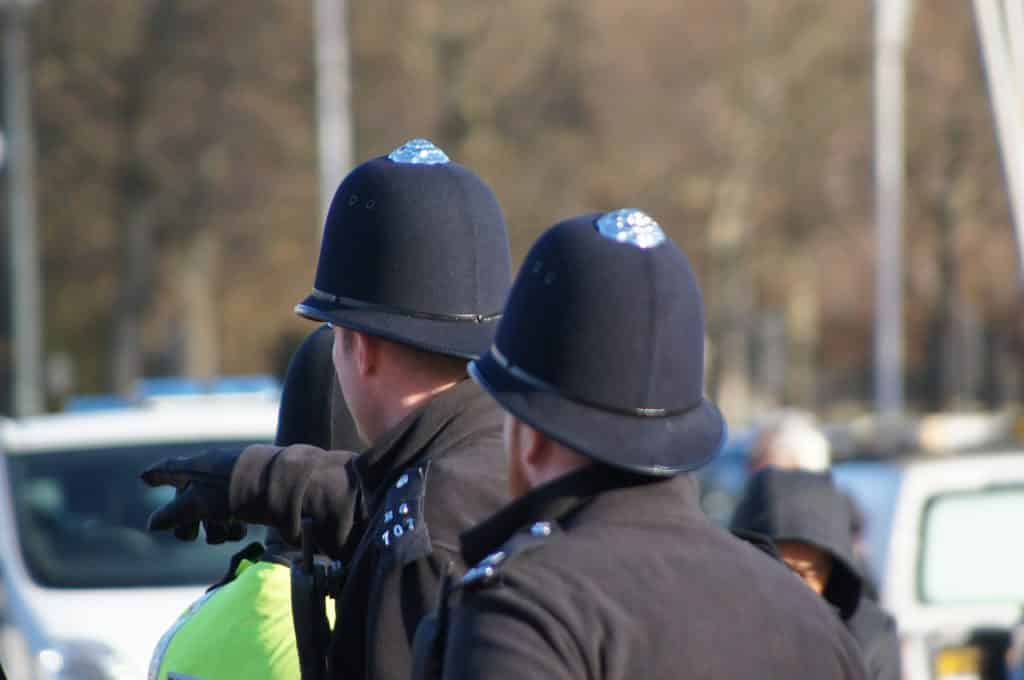Drink driving hotspots around the UK
Everyone has the right to feel safe on the road. But, despite us all knowing how bad it is to drink and drive, the UK consistently sees spikes in drunk driving cases and road traffic accidents around the Easter bank holidays and throughout the summer.
While certainly not an endemic problem, and the level of drink driving incidents has decreased slightly since 2019, there are still far too many people being caught over the limit behind the wheel. It makes the roads far more dangerous for pedestrians and cyclists alike, not to mention other drivers.
To help bring attention to this, we analysed government data from over the past five years to identify the UK’s drink driving hotspots, based specifically on the number of accidents per 100,000 people in each region.
We also assessed which age groups and genders most often drive drunk, and have provided useful driving tips that you can implement to keep yourself safe on the road.

The UK’s drink driving hotspots
Based on government data we’ve collected; the following list represents the various UK regions with the most drink driving incidents per 100,000 people:
- The West Midlands – 89.48
- The South East – 57
- The East Midlands – 56.32
- The East of England – 51.16
- The South West – 49.86
- Yorkshire and Humberside – 43.57
- Wales – 42.41
- The North West – 39.18
- The North East – 37.26
- London – 34.29
- Scotland – 28.05
Without a doubt, people in the West Midlands are the biggest culprits when it comes to getting behind the wheel after drinks. The region’s total of 89.48 accidents puts it a full 32 accidents higher than the South East, its nearest accident rival.
In fact, these stats show a surprising disparity between accidents in the West Midlands and the rest of the UK. While the majority of regions share fairly close accident levels, the West Midlands strides ahead, making it the drink driving capital of the UK.
Interestingly, London and Scotland have comparatively fewer drink driving accidents than the rest of the country, though this is likely due to London’s excellent transport network and Scotland’s laws on the sale of alcohol after hours.
Are young people more likely to drink and drive?
Typically, you might expect younger members of society to be responsible for committing drink driving offences, but this isn’t necessarily the case. While their age bracket is certainly high-up in the government’s data, they’re not the most likely age group, as shown below:
- 60-69 – 6.7%
- 25-29 – 4.4%
- 20-24 – 4.0%
- 30-34 – 3.8%
- 35-39 – 3.4%
- 70+ – 3.3%
- Under 20 – 2.8%
- 40-49 – 2.5%
- 50-59 – 1.8%
Shockingly, it’s actually those between the ages of 60-69 who most commonly fail breathalyser tests when stopped by police. That’s 2.3% higher than 25-29-year-olds!
But while those between the ages of 20 and 29 rank fairly high amongst government statistics, those under the age of 20 only accounts for 2.8% of accidents. That puts them below even the over 70s, who make up 2.8% of drunk driving accidents.
Ultimately, it would seem those between the ages of 50 and 59 are the most sensible when it comes to drinking and driving, only being included in 1.8% of all personal injuries on the roads relating to the consumption of alcohol.
Which gender is statistically more likely to get behind the wheel after drinking?
When it comes to gender distinctions in drink driving incidents, the statistics are heavily skewed in favour of women.
In the last 5 years, women have been involved in 5,930 accidents while drunk behind the wheel. This compares favourably to the 22,670 accidents involving men, which is over four times more. On average, men are involved in 4,534 drunk driving accidents per year compared to just 1,186 for women.
Top tips for staying safe on the road
First and foremost, the number one tip we can offer you to stay safe on the road is to not drive if you’re over the legal limit. If you’re unsure whether or not you’re over, the safer option is to avoid driving and take public transport or a taxi instead.
Another top tip, and one that should be obvious, is to buckle-up. We also highly recommend getting plenty of sleep the night before, particularly if you have a long drive the next day, and stay alert on the road to avoid potential accidents caused by other drivers.
Plan ahead, don’t text and drive, stick to the speed limit, and be patient.
The UK might be one of the safest places to drive in the world, but that doesn’t mean accidents don’t happen. If you’ve been involved in an accident that wasn’t your fault you may be entitled to compensation.
Here at The Compensation Experts, we can put you in contact with expert solicitors experienced in all fields of injury. Whether it’s an accident at work or a trip, slip, or fall, they’ll help you estimate your claims worth and guide you through the claims process.
Get in touch today!